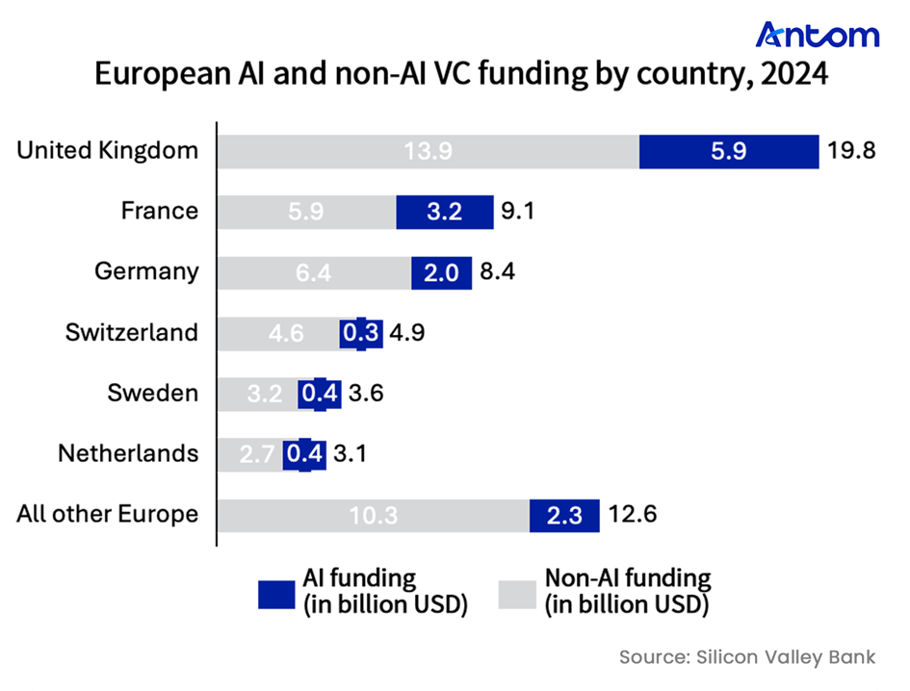Before a customer ever taps to pay or types in card details, there's a web of systems working behind the scenes. Understanding how money moves—and who makes it move—is critical. One of the key players is the merchant acquirer. This article explains what acquirers do, how they compare to other payment entities, and why your choice of acquirer can shape revenue, risk, and the overall payment experience.
Definition and role of a merchant acquirer
A merchant acquirer is a financial institution that processes credit or debit card payments on behalf of a merchant. When customers use cards for purchases, the acquirer connects the merchant to the relevant card network, such as Visa or Mastercard, to validate and route the transaction. It also ensures the funds are transferred from the cardholder's bank, also known as the issuer, to the merchant's account.
So why is it called a merchant acquirer? Because it "acquires" the transaction from the merchant and initiates its journey through the payment ecosystem.
Beyond facilitating card payments, the acquirer is responsible for key functions including:
- Authorisation: Checking with the issuer if funds are available
- Clearing and settlement: Moving money from the cardholder to the merchant
- Chargebacks: Managing disputes raised by cardholders
- Risk management: Monitoring for fraud and regulatory compliance
A strong acquirer will balance speed, reliability and security without complicating the payment process.
Merchant acquirer vs. other payment entities
How does a merchant acquirer differ from a payment processor or a payment gateway? While these roles can overlap, distinctions matter.
| Role |
Description |
Key responsibility |
| Merchant acquirer |
A financial institution that processes card payments for merchants |
Authorisation, settlement, chargebacks, risk control |
| Payment processor |
Transmits card information and manages transaction routing |
Facilitates communication between entities |
| Payment gateway |
The front-end interface capturing and encrypting payment data |
Secure data transmission at checkout |
Moreover, a credit card acquirer refers to an acquirer that specifically processes credit card payments. In essence, it is a type of merchant acquirer focused only on handling credit card transactions. Other merchant acquirers may process a broader range of payment methods, including debit card payments, mobile payments, and alternative payment methods. Though Visa and Mastercard are card schemes, they are not merchant acquirers themselves. They are networks that connect acquirers and issuers.
Understanding merchant acquirer fees
Merchant acquiring isn’t free. Acquirers typically charge:
- Interchange fees - paid to issuing banks
- Assessment fees - paid to card schemes
- Processing fees - charged by the acquirer
These are bundled into what’s often known as the merchant acquirer fee. Some merchants are surprised to discover that accepting credit card payments can cost more due to cross-border or high-risk rates.
What about the Visa acquirer fee? It's one of the fees acquiring banks pay for using the Visa network. Can merchants add 2% to pass on credit card costs? In many regions, they can, but it depends on local regulation and card network rules.
Key entities in the payment ecosystem
To understand acquiring, consider all of the entities involved:
- Issuing bank: The cardholder’s bank, which approves the charge
- Card networks: Visa, Mastercard and others, which coordinate standards and settlement
- Acquiring bank: The financial institution acting as the acquirer
- Merchant account: Where the funds are eventually deposited
- Payment gateway services: Captures and encrypts transaction details at checkout
Each party plays a distinct role in making payment transactions seamless.
Risk and compliance considerations
Trust is fundamental in digital payments. No merchant wants to be left managing disputes or breaches on their own.
A solid acquirer supports:
- Chargeback handling
- PCI DSS compliance to protect card information
- Fraud prevention tools such as transaction scoring, velocity checks, or 3D Secure
- Onboarding risk evaluation to assess new merchants
Why choosing the right acquirer matters
Selecting the right partner can influence critical dimensions of your payment process and business performance:
- Authorisation rates: Local acquirers understand domestic regulations and consumer behaviour better, which often results in higher approval rates. This directly impacts your revenue and reduces cart abandonment.
- Fee structure: Processing payments through a domestic acquiring bank typically avoids cross-border payments fees and foreign exchange markups. A well-matched acquirer helps control overhead costs and improve margins.
- Speed and clarity of settlement: Transparent settlement schedules and clear reporting reduce reconciliation time and support healthier cash flow. Faster access to funds allows you to reinvest sooner.
- Access to combined payment solutions: Some acquirers offer integrated services including streamlined checkout, advanced routing, and data analytics. This means fewer vendor touchpoints and a more cohesive payment experience for both teams and customers.
Real-world examples and use cases
Different merchants benefit in different ways. Consider these:
- A marketplace uses local acquiring in Southeast Asia to reduce declines and accept preferred payment methods like e-wallets
- A travel platform uses flexible settlement to split revenue across partners while maintaining compliance
- A subscription-based business relies on recurring billing with secure tokenisation to handle debit card payments and mobile payments
Choosing a merchant acquirer: What to look for
Your choice impacts both your cost base and your overall customer experience. What should merchants prioritise?
- Global reach and local acquiring bank coverage
- Proven fraud prevention tools and regulatory compliance
- Unified reporting, including data analytics and real-time dashboards
- Developer-friendly integration and support for online payment methods
Antom as a trusted acquirer for global growth
Antom offers global merchant acquiring capabilities through solutions like AMS. From contactless payments to alternative payment methods, Antom supports over 300 payment methods across 50+ markets.
Whether you’re a growing brand or a multinational enterprise, Antom offers tailored payment service packages to accept payments with flexibility, control, and confidence.
Ready to accept credit or debit card payments with a partner who understands the full payment stack? Understanding the difference between a merchant acquirer and payment processor is the first step. Choosing the right one is the next.





